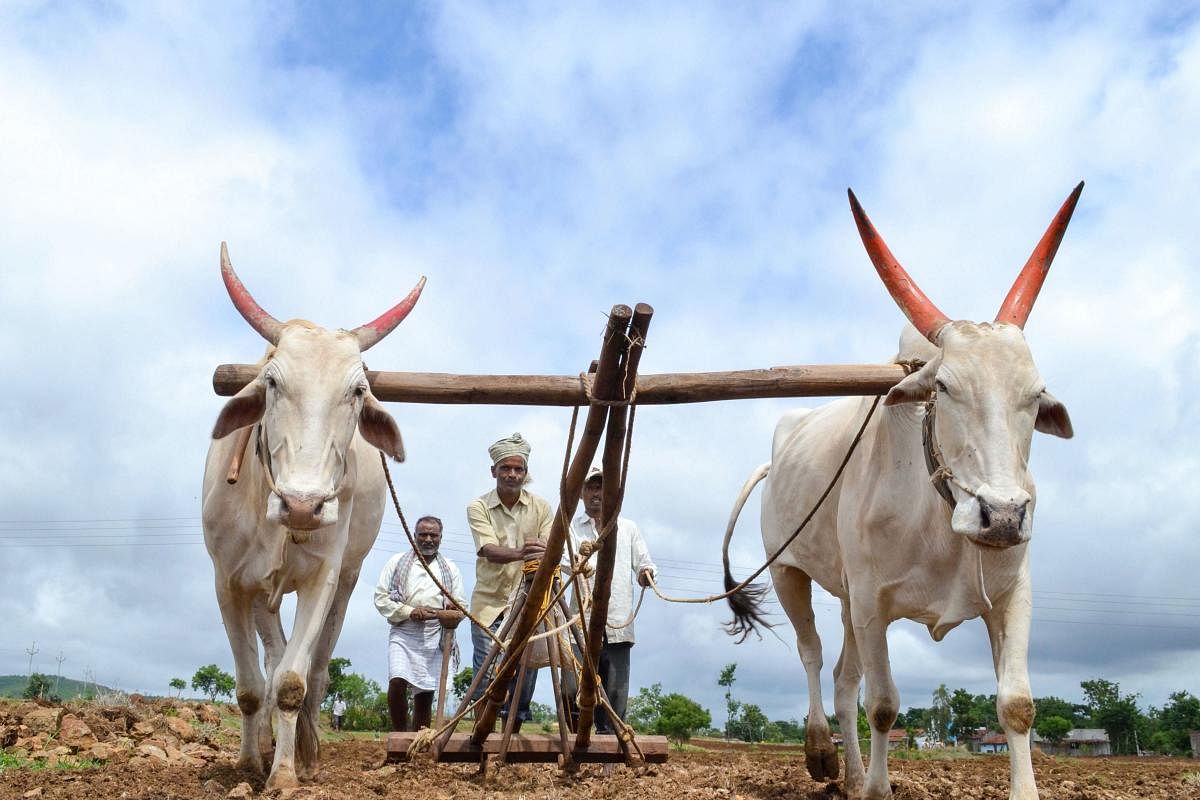
It's back to the basics in the agriculture sector with Finance Minister Nirmala Sitharaman pitching for Zero Budget Farming that involves virtually no use of chemicals.
“We shall go back to basics on one count: Zero Budget Farming. We need to replicate this innovative model through which in a few states farmers are already being trained in this practice,” Nirmala said referring to the farming practice popularized by Padmashri awardee Subhas Palekar.
Union Budget 2019 | Get the live news updates, views & analysis here
Under Zero Budget Farming, chemical fertilisers and pesticides make way for locally available cow dung, cow urine, jaggery and dicot flour.
The government also announced plans for big investments to boost agriculture infrastructure and urged farmers to take up allied activities to increase income.
“We will support private entrepreneurship in driving value-addition to farmers’ produce from the field and for those from allied activities, like Bamboo and timber from the hedges and for generating renewable energy,” Nirmala said outlining the plans to double farmers' income.
The budgetary allocation for the Agriculture Ministry has shot up 78% to Rs 1.38 lakh crore, with Prime Minister Narendra Modi's ambitious PM-Kisan income assistance scheme for farmers getting a lion's share of Rs 75,000 crore.
To insulate the farmers from a sharp decline in rates for farm produce, Nirmala has proposed a hike in the allocation for the Market Intervention Scheme and Price Support Scheme (MIS-PSS) from Rs 2,000 crore to Rs 3,000 crore.
Similarly, allocation for the Pradhan Mantri Annadata Aay Sanrakshan Yojana (PM-AASHA) is projected to be raised by Rs 100 crore to Rs 1,500 crore.
However, Nirmala has not proposed a significant increase for promotion of farm mechanisation. The government is estimated to spend Rs 600 crore this fiscal against the Rs 591.64 crore allocated in the interim budget.
For the Pradhan Mantri Krishi Sinchai Yojana (PMKSY), the government has proposed to raise the budget allocation to Rs 3,500 crore for this fiscal from Rs 2,954.69 crore last year.
